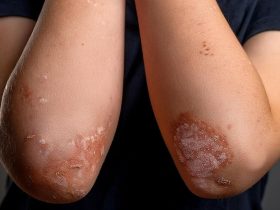Individuals who score higher on food responsiveness lose more weight in the responsiveness to cues interventions
WEDNESDAY, May 25, 2022 (HealthDay News) — A novel intervention targeting appetitive traits may be an effective option for adult weight loss, according to a study published online May 18 in JAMA Network Open.
Kerri N. Boutelle, Ph.D., from the University of California in San Diego, and colleagues randomly assigned 271 adults (aged 18 to 65 years; body mass index [BMI] of 25 to 45 kg/m²) to regulation of cues (ROC), ROC plus behavioral weight loss (BWL; ROC+), BWL alone, or a control active comparator.
The researchers found that the ROC, ROC+, and BWL interventions resulted in significantly lower BMI at the end of treatment. However, at the end of treatment, BMI was not significantly different for the ROC or ROC+ groups versus the BWL group, while in the active control group, BMI was substantially higher. At 24 months after randomization, BMI reductions were similar for ROC, ROC+, and BWL. Participants who scored higher in food responsiveness in the ROC and ROC+ groups had more weight loss, with food responsiveness moderating the treatment effects.
“The ROC model targets appetitive traits, which is substantially different than BWL and may confer the additional benefit of weight loss stabilization rather than weight regain,” the authors write. “This investigation supports the use of ROC and ROC+ as alternative models for treatment of overweight or obesity and could be used in personalized medicine for those individuals with high levels of food responsiveness.”
Copyright © 2022 HealthDay. All rights reserved.







